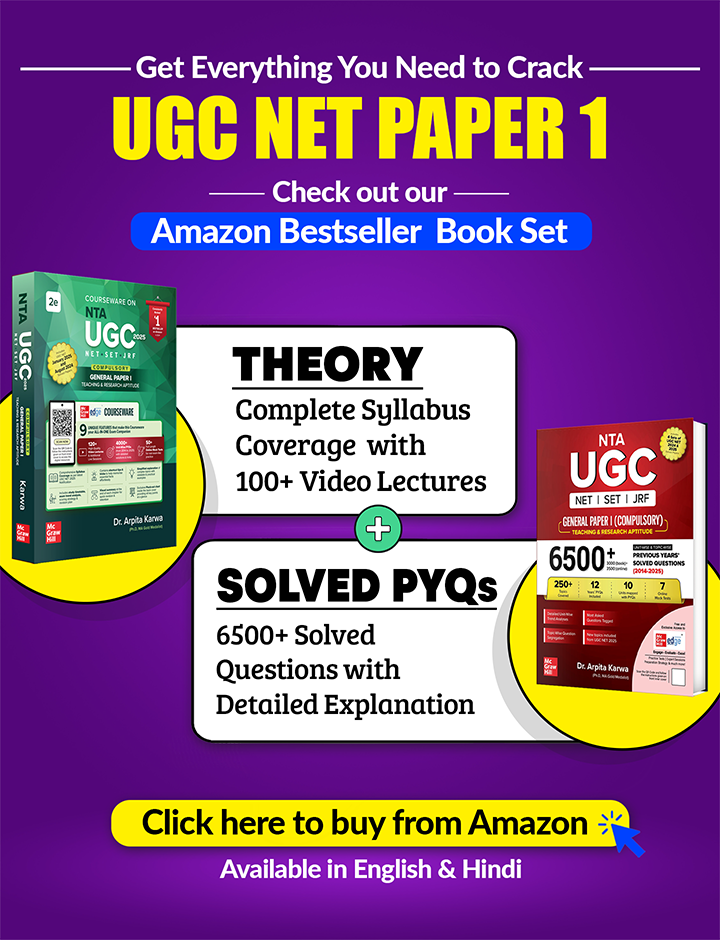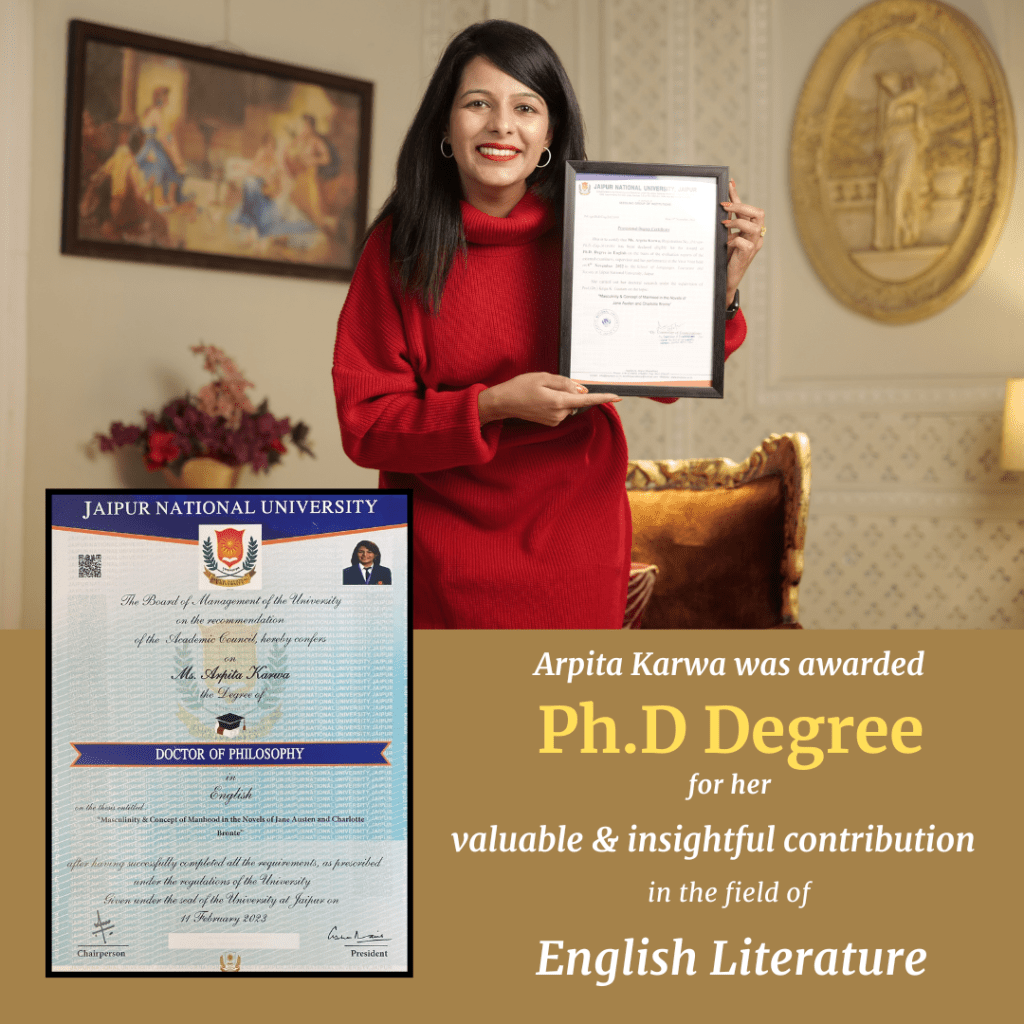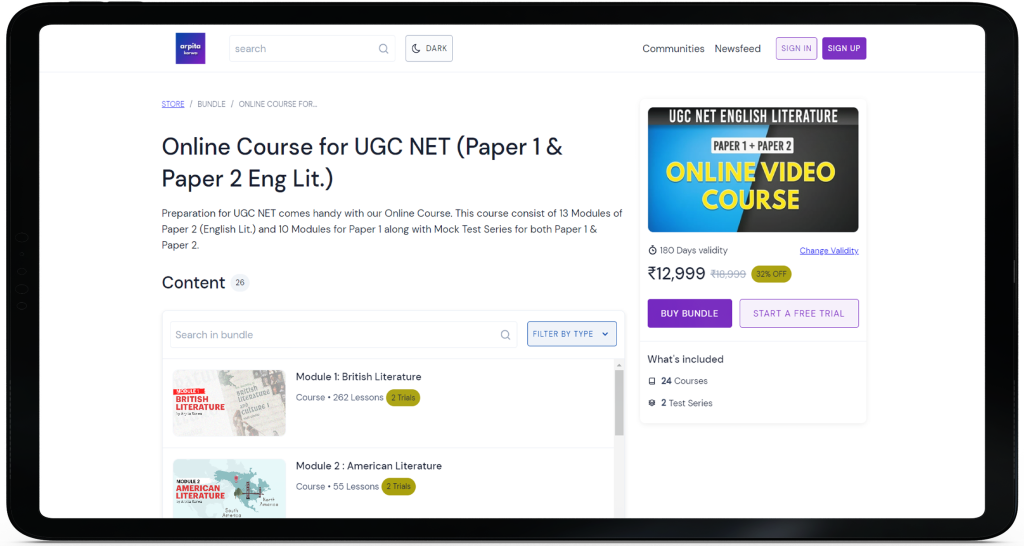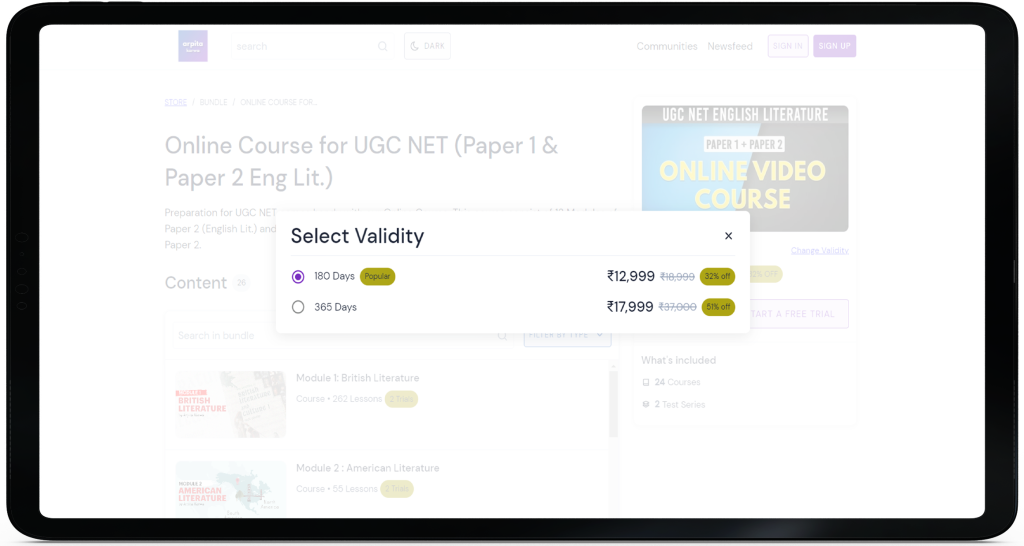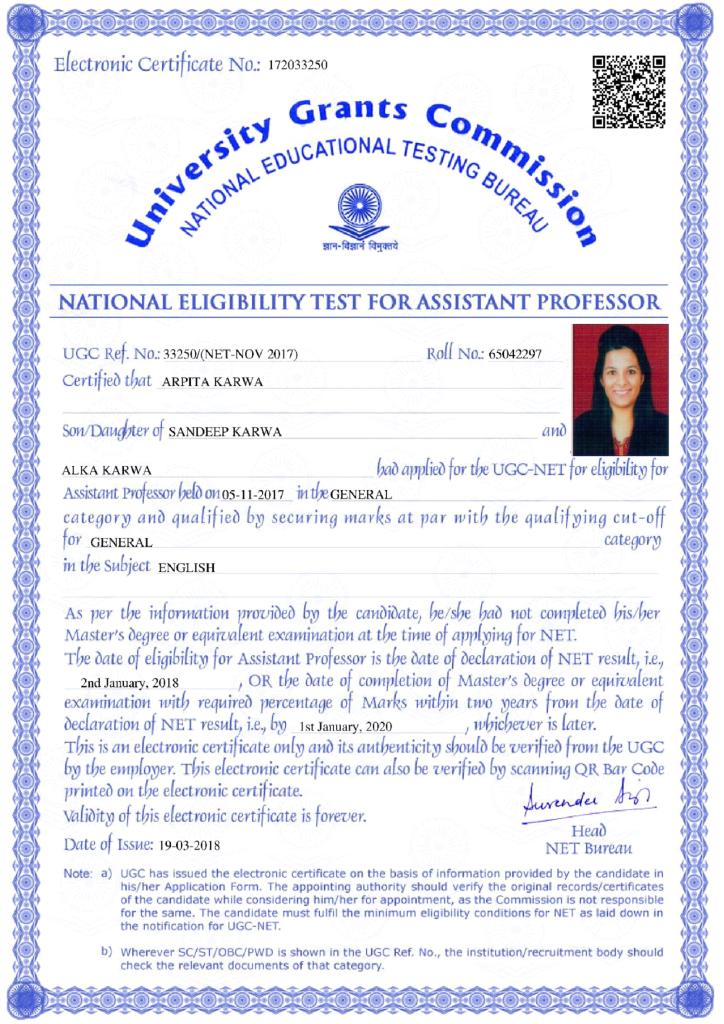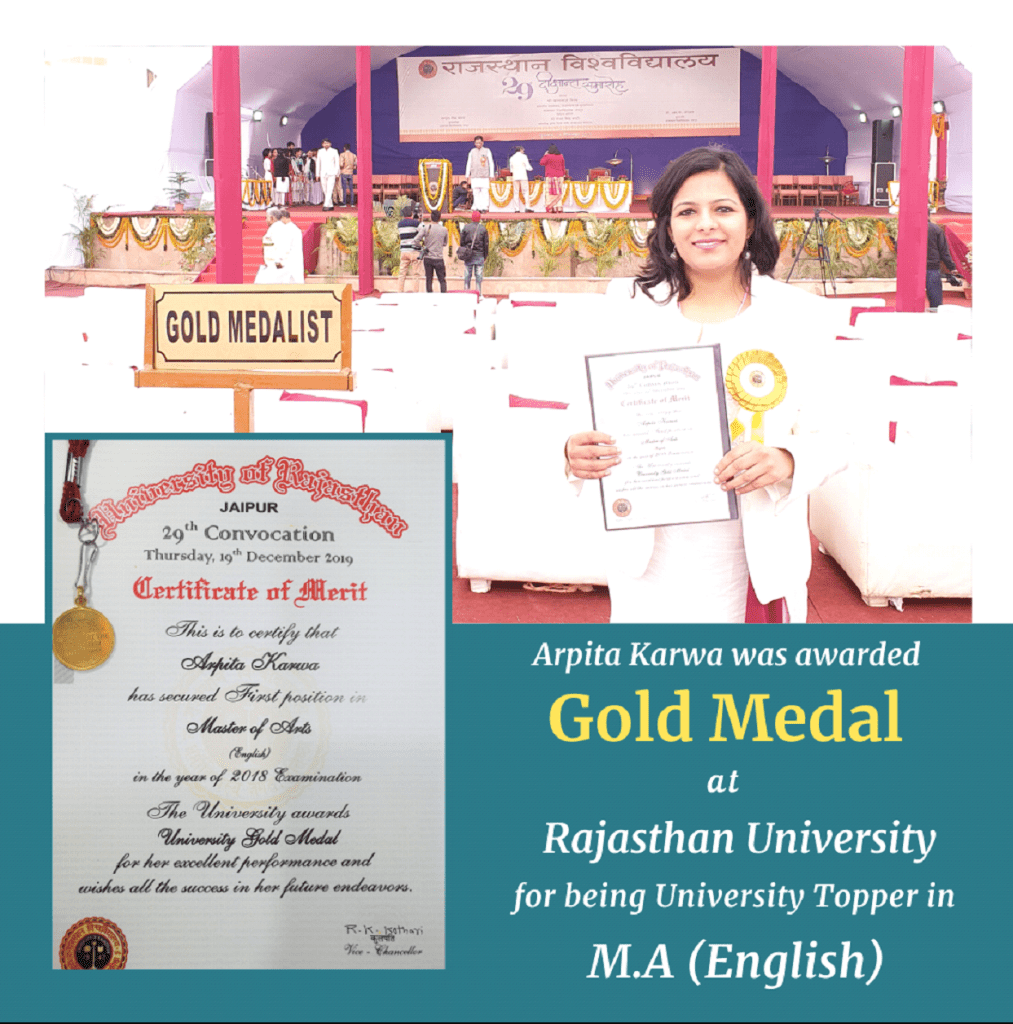UPSC English Paper 1 2019
June 19, 2023 2023-12-05 19:46UPSC English Paper 1 2019
2019 UPSC English Paper-1
ENGLISH
Paper – II
(LITERATURE)
Questions Paper Specific Instructions
Please read each of the following instructions carefully before attempting questions:
• There are EIGHT questions divided in Two Sections.
• Candidate has to attempt FIVE questions in all
• Questions no. 1 and 5 are compulsory and out of the remaining, any THREE are to be attempted choosing at least ONE question from each Section.
• The number of marks carried by a question/part is indicated against it.
• Answers must be written in ENGLISH
• Word limit in questions, wherever specified, should be adhered to.
• Attempts of questions shall be counted in sequential order. Unless struck off, attempt of a question shall be counted even if attempted partly. Any page or portion of the page left blank in the Question-cum-Answer Booklet must be clearly struck off.
SECTION-A
Q.1) Write short notes on the following. Each question should be answered in about 150 words:
(a) The English Renaissance and its impact.
(b) The characteristics of the Victorian Age.
(c) The unique features of Metaphysical Poetry.
(d) The difference between a Burlesque and a Mock-epic.
(e) Novel as a moral fable.
Q.2) Answer all of the following:
(a) Discuss the significance of the storm scene in King Lear.
(b) Comment on the diction of Wordsworth’s poetry making a reference to the
(c) poems prescribed in the syllabus.
(d) Show that Pope’s use of the machinery of the sylphs in The Rape of the Lock heightens both satire and poetry.
Q.3) Answer all of the following:
(a) In celebrating love as the supreme, the only thing in the world, Donne went to a new, twisted kind of hyperbole. Discuss.
(b) To what extent Milton justified ‘the ways of God to man’ in his Paradise Lost?
(c) Do you agree with the view that for Wordsworth poetry was a philosophic exercise?
Q.4) Answer all of the following:
(a) In Memoriam is not merely an elegy but a philosophical poem too. Do you agree with this statement?
(b) Discuss Ibsen as a dramatist of realism,
(c) Comment on forgiveness and freedom as the two keynotes of the Tempest.
SECTION-B
Q.5) Study the following poem and answer all the questions which follow:
Yes! In the sea of life enisled,
With echoing straits between us thrown,
Dotting the shoreless watery wild,
We mortal millions live alone.
The islands feel the enclasping flow,
And then their endless bounds they know.
But when the moon their hollows lights,
And they are swept by balms of spring,
And in their glens, on starry nights,
The nightingales divinely sing;
And lovely notes, from shore to shore,
Across the sounds and channels pour
Oh! Then a longing like despair
Is to their farthest caverns sent;
For surely once, they feel, we were
Parts of a single continent!
Now round us spreads the watery plain
Oh, might our marges meet again!
Who ordered that their longing’s fire
Should be, as soon as kindled, cooled?
Who renders vain their deep desire?
A God, a God their severance ruled!
And bade betwixt their shores to be
The unplumbed, salt, estranging sea.
(a) What is the theme of the poem?
(b) What is the mood of the poem-one of hope or despair?
(c) Give a critical estimate of the imagery used in the poem.
(d) What does the poet mean by saying the following?
“Now round us spreads the watery plain
Oh, might our marges meet again!”
(e) What is the attitude of the poet towards God?
Q.6) Answer all of the following:
(a) Man is utterly wicked, desperate, and imbecile as portrayed in the fourth voyage of Gulliver. Do you agree?
(b) Most of our amusement in reading Pride and Prejudice comes from our being aware of differences between appearance and reality that go unperceived by the characters themselves. Discuss and illustrate this statement.
(c) Fielding is not as sympathetic towards women as he is towards men. Do you agree? Give a reasoned answer.
Q.7) Answer all of the following:
(a) Comment on the socio-economic and political issues that Dickens takes up in Hard Times.
(b) Discuss the predicament of the self in conflict with the social milieu in The Mill on the Floss.
(c) Do you find any similarity between Tess of the D’Urbervilles and a Greek Tragedy?
Q.8) Answer all of the following:
(a) Critically examine The Adventures of Huckleberry Finn as an attack on the institution of slavery.
(b) Examine the role of determinism in Tess of the D’Urbervilles.
(c) Do you agree with the view that Gulliver suffers from a sense of identity crisis?







